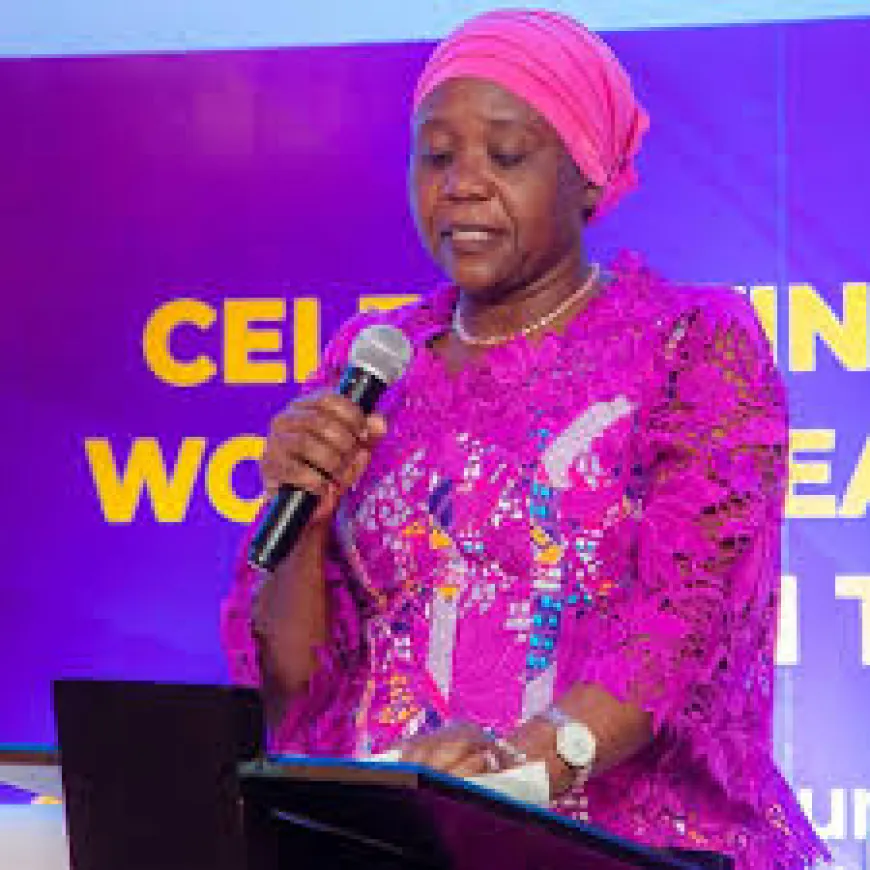Dr. Gwajima Defends Single Mothers in Tanzania
Dr. Gwajima calls for an end to stigma against single mothers, urging respect and societal inclusion in Tanzania.

Minister Gwajima Defends Single Mothers, Urges Respect and Inclusion
Dar es Salaam, March 28, 2025 — Tanzania’s Minister for Community Development, Gender, Women, and Special Groups, Dr. Dorothy Gwajima, has issued a strong appeal to the public to stop the stigmatization and verbal attacks directed at women raising children on their own, commonly known as single mothers.
Speaking during a forum organized in Dar es Salaam by Her Initiative, which brought together key stakeholders to discuss women's leadership and empowerment, Dr. Gwajima emphasized that such negative rhetoric constitutes a form of social abuse against women who have chosen—either by circumstance or by choice—to independently care for their children.
"Those who promote such harmful narratives lack morals and fail to understand the profound value of motherhood in our society. Sadly, some people in our communities still cheer on this mindset. It’s time we reflect seriously on this," she stated.
Dr. Gwajima called the prevailing notion that single mothers are unfit or inadequate baseless, asserting that many of them serve as exemplary figures in child-rearing and community building.
Progress in Women's Leadership
The minister also highlighted the strides Tanzania has made in advancing gender equality, particularly in leadership. She pointed to the significant growth in female parliamentary representation, which increased from just 8% in 1995 to 35% by 2020.
Despite this progress, she acknowledged that numerous women making a meaningful impact in various sectors remain unrecognized. In response, her ministry, in collaboration with development partners, is preparing initiatives to identify and promote these trailblazers.
“We are fostering an environment where women can thrive—as leaders, entrepreneurs, and change agents. Economic empowerment is the bedrock of their participation in shaping society,” Dr. Gwajima said.
She affirmed the government's commitment to ensuring that girls and women are given the opportunity to lead and to be part of rewriting the country’s history. “This is the time to break barriers and drive transformative change.”
Support for Young Women and Girls
Lydia Charles, Executive Director of Her Initiative, stressed the community’s role in uplifting young women. She called for greater support systems to help girls realize their dreams, noting that poverty often stands in their way.
“My journey has taught me that potential exists everywhere, but not everyone gets the opportunity to demonstrate it. Every girl deserves the chance to learn, grow, and achieve her dreams. By investing in girls, we are building stronger communities,” she said.
International Partners Endorse Gender Equality
Hodan Addou, the UN Women Resident Representative in Tanzania, reflected on progress made since the 1995 Beijing Declaration. She praised Tanzania’s advancements in girls' education, women’s participation in leadership, and the development of legal frameworks to protect them.
However, she reminded the audience that the journey is far from over and called for sustained collective action. “Empowering women isn’t just about helping individuals—it uplifts entire nations.”
Belgium’s Ambassador to Tanzania, Peter Huyghebaert, echoed these sentiments, reaffirming his country's commitment to partnering with Tanzania in promoting gender parity.
“Gender equality is essential for the development of any society. Belgium will continue working alongside Tanzania to ensure women have equal access to education, employment, and leadership opportunities,” he stated.
What's Your Reaction?


































